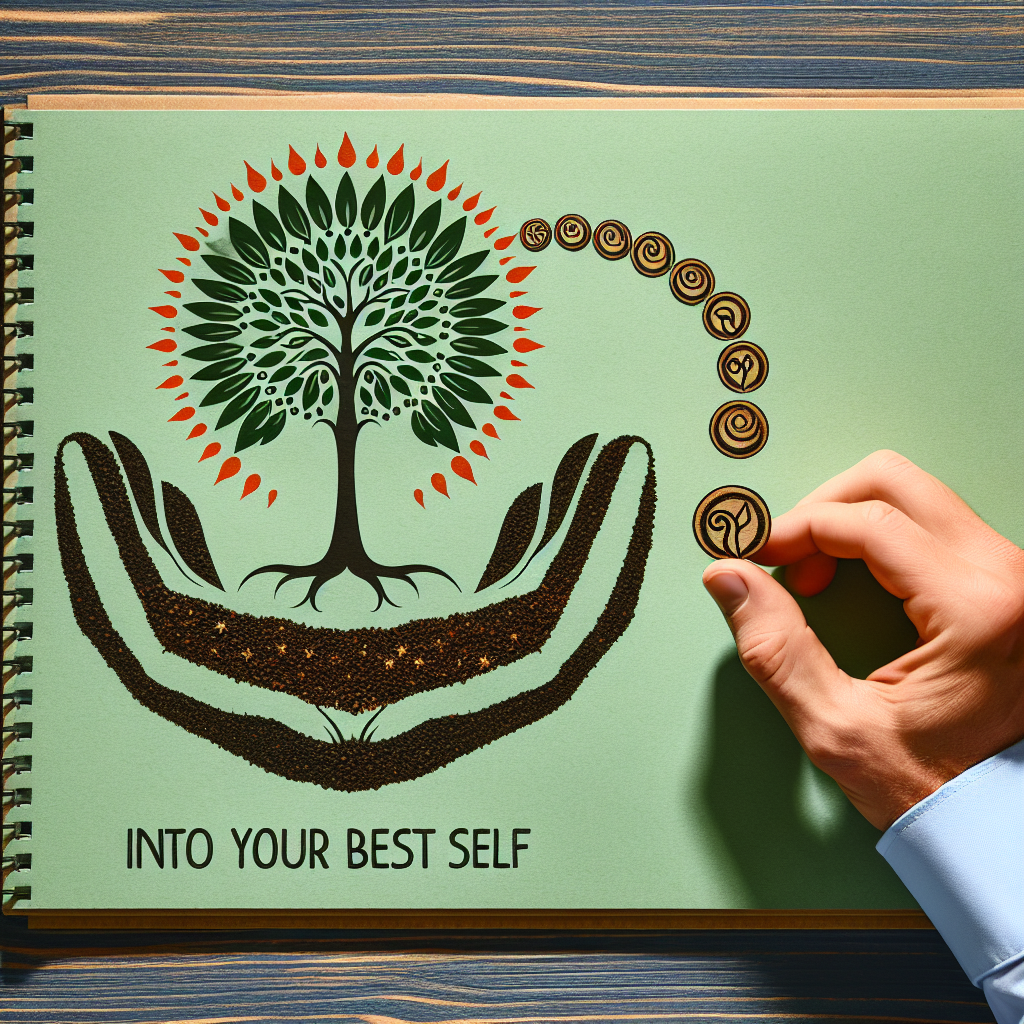The concept of karma is a fundamental principle found in several Eastern philosophies, including Buddhism, Hinduism, and Jainism. It suggests that every action has consequences, which can be positive or negative, depending on the nature of the action itself. In this article, we will delve deep into the karma connection, exploring the ways in which our actions shape our lives and influence not only our present circumstances but also our future experiences. Through a comprehensive understanding of karma, we aim to empower readers to take control of their own destinies and live more fulfilling lives.
What is Karma?
Karma is derived from the Sanskrit word “karman,” which means “action” or “deed.” In essence, karma encapsulates the idea that every action, whether physical, verbal, or mental, creates a ripple effect that influences both the doer and others around them. It serves as a moral compass, encouraging individuals to act with integrity and compassion.
Historical and Cultural Context
The concept of karma has its roots in ancient Indian philosophy and is deeply embedded in religious texts such as the Bhagavad Gita and the Upanishads. However, the principles of karma extend beyond religious confines and have become a universal concept that resonates with people of various backgrounds.
The Three Types of Karma
Karma can be categorized into three primary types, each representing different aspects of our actions:
- Sanchita Karma: This refers to the accumulated karma from all past actions. It represents the totality of good and bad deeds that one has committed throughout their life.
- Prarabdha Karma: This is the portion of accumulated karma that is currently being experienced in one’s life. It refers to the circumstances and events that are directly affecting an individual at the present time.
- Agami Karma: This type of karma pertains to the actions that one takes in the present moment, which will yield future consequences. It emphasizes the importance of conscious decision-making.
How Karma Shapes Our Lives
The karma connection illustrates that our actions have a profound impact on our personal experiences and relationships. Understanding this connection can help individuals navigate life’s challenges with greater awareness and intentionality.
1. The Power of Intentions
The intentions behind our actions play a critical role in determining the karmic outcome. Positive intentions lead to constructive actions, while negative intentions can result in harmful consequences. It is essential to cultivate awareness about our motivations and strive to act with kindness and goodwill.
2. The Ripple Effect of Actions
Every action creates a ripple effect that extends beyond the individual. For example, a simple act of kindness can inspire others to do the same, creating a cycle of positivity. Conversely, selfish or harmful actions can lead to discord and negativity in relationships.
3. Personal Responsibility
Understanding the law of karma instills a sense of personal responsibility. It encourages individuals to take ownership of their actions and recognize that they have the power to influence their own destiny. By making conscious choices, individuals can actively shape their futures.
4. The Role of Suffering
Suffering can be viewed as a natural consequence of negative karma. It is essential to recognize that experiencing hardship can serve as a valuable lesson, allowing individuals to reflect on their actions and make necessary changes. By addressing the root causes of suffering, one can begin to alter their karmic path.
5. Forgiveness and Letting Go
Forgiveness is a powerful tool in mitigating negative karma. Holding onto grudges or resentment can perpetuate a cycle of negativity, whereas forgiveness allows for healing and growth. By letting go of past grievances, individuals can free themselves from the weight of negative karma and create space for positive experiences.
Practical Ways to Cultivate Positive Karma
To harness the power of karma in your life, consider the following practices that promote positive actions and intentions:
1. Practice Mindfulness
Mindfulness helps cultivate awareness of one’s thoughts, feelings, and actions. By being present in the moment, individuals can make more conscious choices that align with their values and intentions.
2. Embrace Altruism
Engaging in acts of kindness and service to others fosters a positive karmic environment. Whether volunteering, helping a neighbor, or simply offering a supportive word, every act of altruism contributes to a collective sense of goodwill.
3. Reflect on Actions
Regularly reflect on your actions and their consequences. Journaling can be a powerful way to explore your thoughts and behaviors, enabling you to identify patterns and make necessary adjustments.
4. Set Intentions
Before embarking on new endeavors, set positive intentions that guide your actions. By being clear about your goals and the impact you wish to have, you create a foundation for positive karma to flourish.
5. Practicing Gratitude
Gratitude shifts your focus from what is lacking to what is abundant in your life. By cultivating an attitude of gratitude, you naturally attract more positivity and goodwill into your life.
Conclusion
The concept of karma offers profound insights into the interconnectedness of our actions, intentions, and experiences. Understanding the karma connection enables individuals to take ownership of their behaviors and recognize the impact they have not only on their own lives but also on the lives of others. By embracing positive actions, cultivating mindfulness, and practicing forgiveness, individuals can create a positive karmic cycle that leads to a more fulfilling existence.
In essence, the path to a happier and more meaningful life lies in acknowledging that our actions shape our realities. By making conscious choices and striving to live with compassion, we can harness the transformative power of karma to create a brighter future for ourselves and those around us.
FAQs
1. What are some common misconceptions about karma?
One common misconception is that karma is a form of punishment or reward from a deity. In reality, karma is more about the natural consequences of one’s actions, rather than a system of divine retribution.
2. Can one change their karma?
Yes, individuals can change their karma by making conscious decisions and engaging in positive actions. Through self-awareness and intentionality, it is possible to mitigate negative karma and create a more favorable future.
3. How long does it take for karma to manifest?
The timing of karmic consequences can vary widely. Some actions may yield immediate results, while others may take years or even lifetimes to unfold. The key is to remain patient and committed to cultivating positive actions.
4. Is karma only about actions, or do intentions matter as well?
Both actions and intentions matter. Positive intentions behind an action can enhance its karmic value, while negative intentions can lead to harmful outcomes, even if the action itself appears benign.
5. How can I start incorporating karma into my daily life?
Begin by practicing mindfulness, reflecting on your actions, and setting positive intentions. Engage in acts of kindness, and cultivate an attitude of gratitude to foster a positive karmic environment.
, It looks like you haven’t provided a specific prompt. What topic or question would you like to explore? Feel free to share any ideas or themes you have in mind!, #Karma #Connection #Understanding #Actions #Shape #Life, #Karma #Connection #Understanding #Actions #Shape #Life, 1734054284, the-karma-connection-understanding-how-your-actions-shape-your-life





